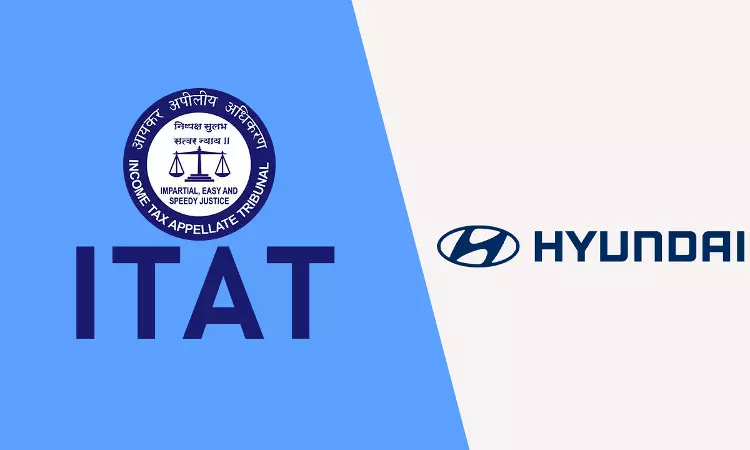The Chennai Bench of Income Tax Appellate Tribunal (ITAT) has held that the output VAT refund received by Hyundai Motor towards investment promotion subsidy is a non-taxable capital receipt.The bench of V. Durga Rao (Judicial Member) and Manjunatha G (Accountant Member) has observed that the output VAT incentive (investment promotion subsidy) granted for the purpose of setting up or expanding...

